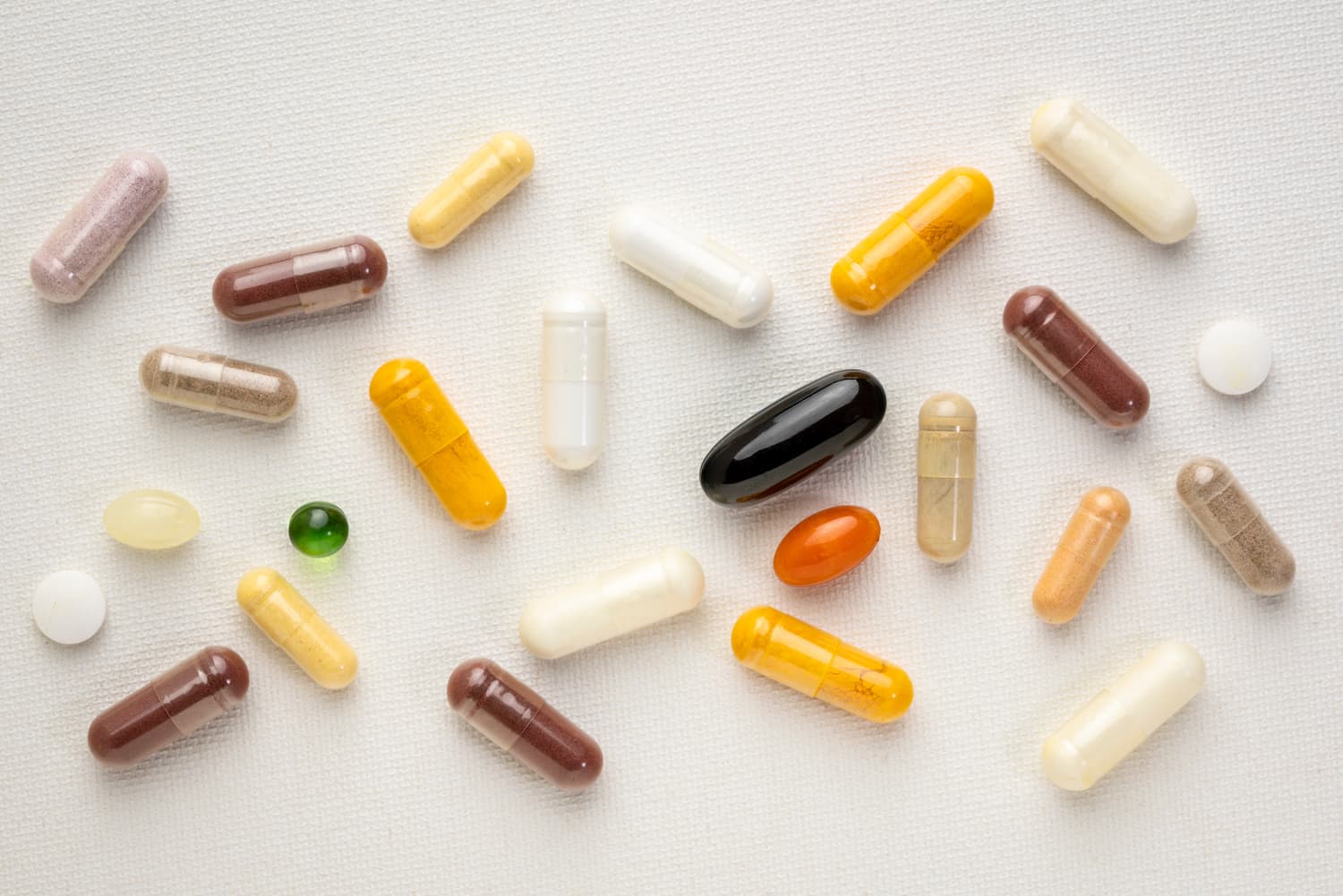Lifestyle
The way we live our lives can have an enormous impact on our health and hormones, especially if you have a specific condition, such as endometriosis, PMT, or if you’re going through the menopause. We need to look at all aspects of health and lifestyle to ensure optimum wellbeing.
Hormone Replacement Therapy (HRT) will certainly improve symptoms, but some women are unable to take it, or wish to find a more natural way to manage the menopause. Even if you’re taking HRT, a holistic approach, encompassing diet, exercise and stress management is recommended.
Diet for hormone balance
How important is what we eat when it comes to conquering hormonal symptoms? The role of diet in ensuring women’s wellbeing can clearly be seen when you look at how the menopause is experienced in Japan. In the UK, 64% say they suffer from tiredness, compared to just 6% of those from Japan. The diet of Japanese women tends to be far healthier, with them enjoying plenty of oily fish, soy, green tea, fruit and vegetables.
Good nutrition allows the body to adapt to hormonal ups and down. Eating sugary foods causes huge swings in blood glucose may cause symptoms very similar to PMT and menopausal symptoms such as excessive sweating, anxiety, irritability, mood swings, tiredness, poor memory and difficulty in concentration.
Ensure your diet is balanced with protein, good fats (such as those found in salmon, avocado and olive coconut oils) and complex carbohydrates, lots of fresh vegetables and fruit to help ease menopausal symptoms.

Exercise for toning and bone health
Exercise becomes increasingly important as we enter middle age, for overall fitness and to ensure strong bones, Bone density levels fall after menopause, leading to a heightened risk of osteoporosis. Put aside at least 30 minutes three times a week to exercise. It’s a great stress-buster - as well as helping keep your body strong, physical activity releases ‘feel good’ hormones, giving you a much-needed mood boost!

Mindfulness – the magic balm for menopause
Most women will tell you that menopausal symptoms feel far worse when they’re feeling stressed. Depression can also become worse at the perimenopause because of reducing levels of oestrogen. Mindfulness is something women going through the menopause will find very helpful – and I often recommend and teach to my patients. Simply focusing on your breathing for five minutes can have a positive effect on how you feel. Slow down and be present in yourself. Mindfulness, yoga, breathing all help give a sense of objectivity so physical symptoms, like hot flushes, aren’t so keenly felt.

What supplements help the menopause?
Vitamin D is one of the most important vitamins for women in mid-life. Low levels of vitamin D have been linked with a higher risk of breast cancer, heart disease and osteoporosis. It has also been linked with inflammatory conditions such as rheumatoid arthritis and inflammatory bowel disease. Lower levels are more common in the winter when there is a lack of sunlight, so taking a good quality supplement is essential. I recommend a good quality multivitamin, omega-3 and a probiotic. Herbal supplements may also be right for you – although it is essential you discuss this with your doctor beforehand, discussing any interactions with other medication. Red clover, for example, can be very effective for hot flushes, night sweats, mood changes, although it does not alter oestrogen levels and Dong Quai can ease menstrual problems and Omega 3 can keep skin lustrous and joints healthy.

What lifestyle changes should I make?
Each woman is individual. Ideally, a bespoke holistic health plan should be created in partnership with your doctor, to fit your particular health needs and in the case of herbs and supplements, ensure there are no contraindications with other treatments.

